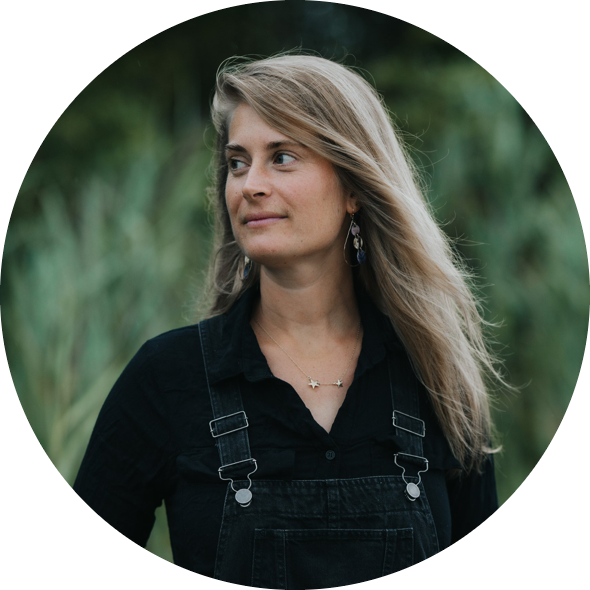#90 Elspeth Hay on re-storying tree-centric food histories
“I had always thought of oak trees in particular as “natural” and “wild”, words that by definition exclude human tending human care. One of the amazing things about these trees is that they’re inviting us back into connection; these trees really need some human tending to stay dominant on the landscape, and they’re inviting us back into this web of relationships and giving us a role to play.
I always thought as a kid the best thing that we can do for nature is to sort of stay out of it and disappear. As I’ve gotten to know these trees and talk to Indigenous knowledge keepers, that story has totally flipped. I’ve been told a new story, which is that these trees need us. They’re not going to stay present on the landscape unless we give them the care that they need - we have this vital role to play and the Earth would not be better off without us. I think that’s sort of an entry point and a point of connection. ”
With the ways in which we have internalised systems of oppression and human domination in our dominant culture, it may seem a surprise to many of us to (re)learn the essential food provision of our trees and the intimate relationships humans have had with nut trees over generations and cultures. As we look towards re-embodying ancient ways of nourishing our communities with regenerative, polycultural agricultural and food practices, how can we begin to rekindle our connection to our tree kin?
In today’s episode, we welcome onto the show Elspeth Hay, the author of Feed Us with Trees: Nuts and the Future of Food, and the creator and host of the Local Food Report, a weekly feature that has aired on Cape Cod’s NPR station since 2008. Deeply immersed in her own local-food system, she writes and reports for print, radio, and online media with a focus on food, the environment, and the people, places, and ideas that feed us. In this conversation, Elspeth maps out ways in which we can begin “re-storying” trees as food providers by reviving ancient food stories of connection, reciprocity and polyculturalism.
What will be covered:
Elspeth’s journalism career paving her way into food justice and re-storying our relationship with plants and trees as food providers e.g. relearning acorns as superfoods and staple foods
Ancestral trauma from erasure of European colonisation in American education
Fragmentation of our food relationship with trees symbolic of the wider issue of human separation from the surrounding ecosystem
Keystone species like acorn, who need their needs tending to by humans, keeping system connected
Decolonising language: English language lacking vocabulary that embodies human connection to the “natural” world e.g. wilderness, pristine, wild, protected
Challenging western narrative and programming of human presence as inherently harmful, particularly in children —> link to “increasing human footprint” (Farmer Rishi)
Fire as medicine for our ecosystems: key role historically of human has been managing forest ecosystems through fire as ecosystem engineers but has been vilified by western stories
Challenging narrative that restoration has to be hard and painful to the process being a revival of collective joy, fulfilment and purpose
US examples of polyculture farms that revive ancient practices of food provision from tree nuts and other plants
Elspeth’s work in bringing farmer stories from the margins to centre stage through journalism and her book Feed Us with Trees: Nuts and the Future of Food
Beginning to restore our personal relationship with trees by learning about the keystone tree species in your neighbourhood that can act as a gateway into all elements of the web
Looking into history of human interaction with those species to understand what our relationship should look like going forward
Episode resources:
Elspeth’s website & book Feed us with Trees: https://elspethhay.com/
SUBSCRIBE TO THE PODCAST
Listen now on Apple Podcasts, Spotify and all other major podcast platforms
Mind Full of Everything is a podcast calling for the radical healing of the self and community to outgrow the broken dominant culture of radical individualism and disconnection from our place as interdependent beings, so that we can collectively re-envision a safer, healthier and equitable world. Each episode takes a healing-centric approach to explore the embodied ways in which we can collectively restore and transform our journeys as stewards of community and earth through conversations with writers, researchers, coaches and educators, as well as reflection episodes with the host Agrita Dandriyal on her journey navigating the world as a deeply conscious, culturally-rooted and relational being. Learn more here.

